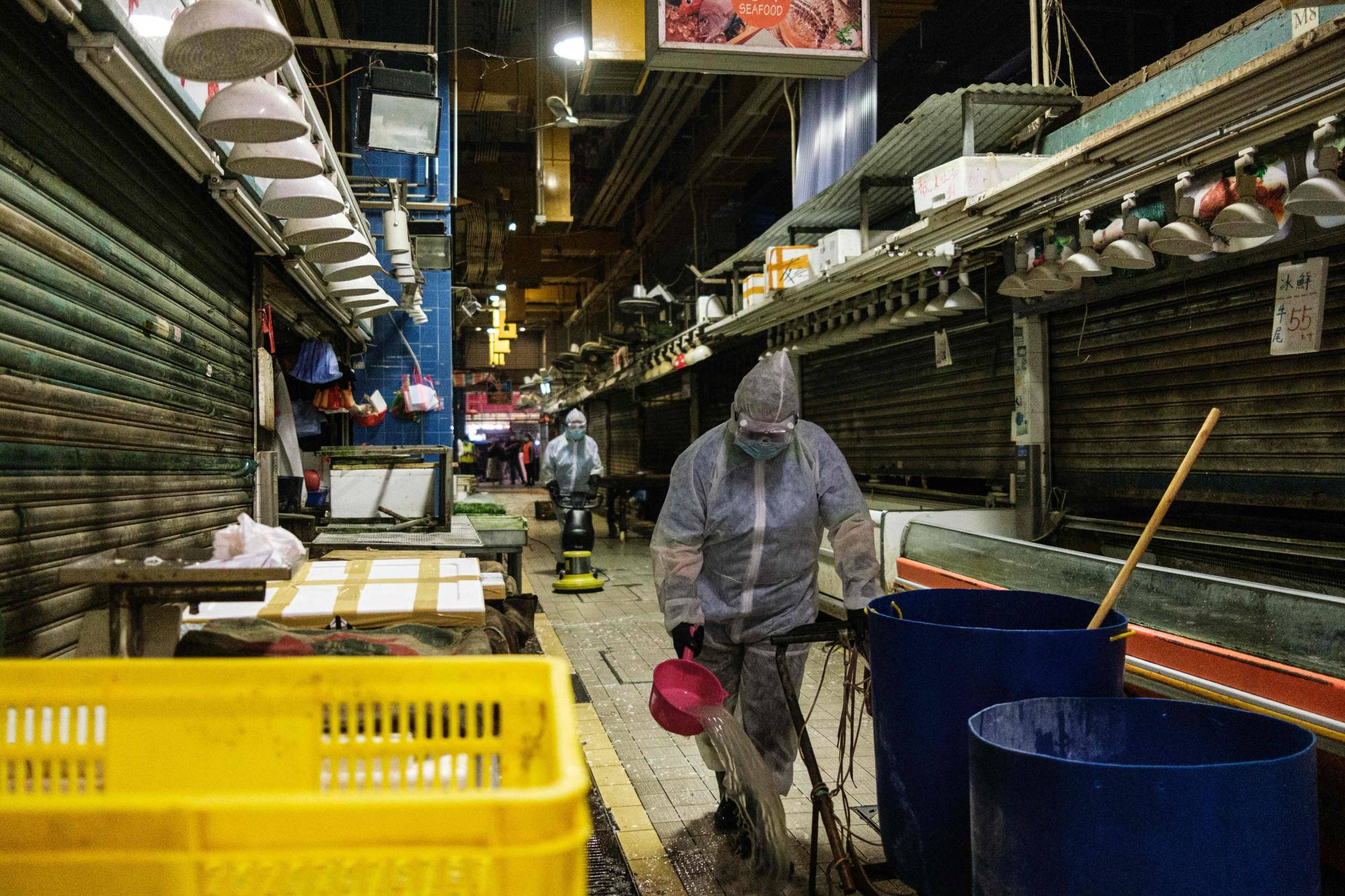Hong Kong is emerging as a case study of how the coronavirus pandemic is affecting vulnerable members of society, as tens of thousands have been thrown out of work with little social safety net to support them in one of the world’s most unequal and expensive cities.
The economy is mired in its deepest recession on record after a disastrous year of social unrest and then the virus outbreak, with a net 250,000 people losing work in the city since last May, according to data compiled by Bloomberg from the Census and Statistics Department Hong Kong. The lower-paid services and hospitality sectors have been hit the hardest, as protests and virus-control measures shuttered retailers and left hotels and restaurants empty.
As Hong Kong has no general unemployment benefit provision, that leaves most low-income job-seekers reliant on savings, family assistance and charities at a time of stretched budgets and renewed concerns over a "third wave” of the virus outbreak. Hong Kong’s income inequality has long been higher than any Group of Seven economy, and the 19 wealthiest billionaires in the city control assets of about $230 billion, according to the Bloomberg Billionaires’ Index.


















With your current subscription plan you can comment on stories. However, before writing your first comment, please create a display name in the Profile section of your subscriber account page.